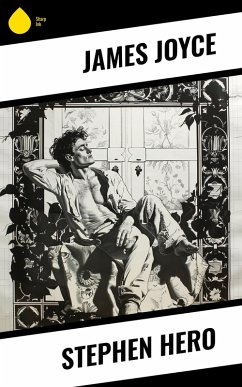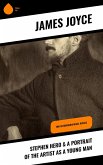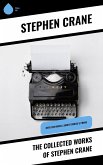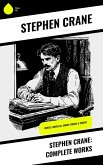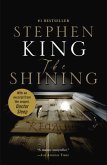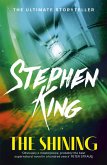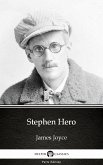In "Stephen Hero," James Joyce presents a semi-autobiographical narrative that explores the formative years of Stephen Dedalus, a character who mirrors Joyce himself. Written in a prose style marked by lyrical intensity and stream-of-consciousness, the text delves deep into issues of identity, art, and the struggle for self-actualization against the backdrop of late 19th-century Ireland. The novel employs vivid characterizations and innovative structure, showcasing Joyce's burgeoning stylistic techniques that would later culminate in his masterpieces, "A Portrait of the Artist as a Young Man" and "Ulysses." Emphasizing the tension between personal ambition and societal expectation, Joyce crafts a poignant exploration of the adolescent psyche seeking liberation through art. James Joyce, an influential Irish writer, was profoundly affected by his own experiences in Dublin, which deeply inform the themes and characters in "Stephen Hero." His upbringing in a strict Catholic environment, coupled with his fascination for literature and the arts, drive Stephen's quest for independence and intellectual growth. Joyce's subsequent literary career reveals a continual experimentation with narrative form and language, suggesting that this early work is not only a precursor to his later innovations but also a manifestation of his youthful concerns and aspirations. I highly recommend "Stephen Hero" to any reader interested in the genesis of modernist literature. This work, despite its unfinished nature, is an insightful glimpse into Joyce's artistic evolution and offers a compelling narrative that resonates with universal themes of self-discovery and rebellion. Readers will find their understanding of Joyce enriched through this foundational text, which remains a significant contribution to the canon of 20th-century literature.
Dieser Download kann aus rechtlichen Gründen nur mit Rechnungsadresse in A, B, BG, CY, CZ, D, DK, EW, FIN, F, GR, HR, H, IRL, I, LT, L, LR, M, NL, PL, P, R, S, SLO, SK ausgeliefert werden.

